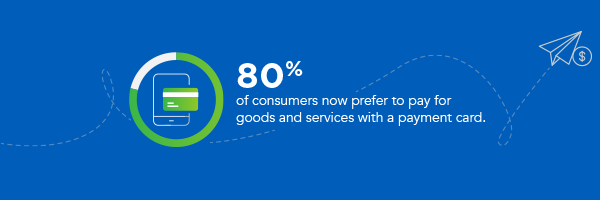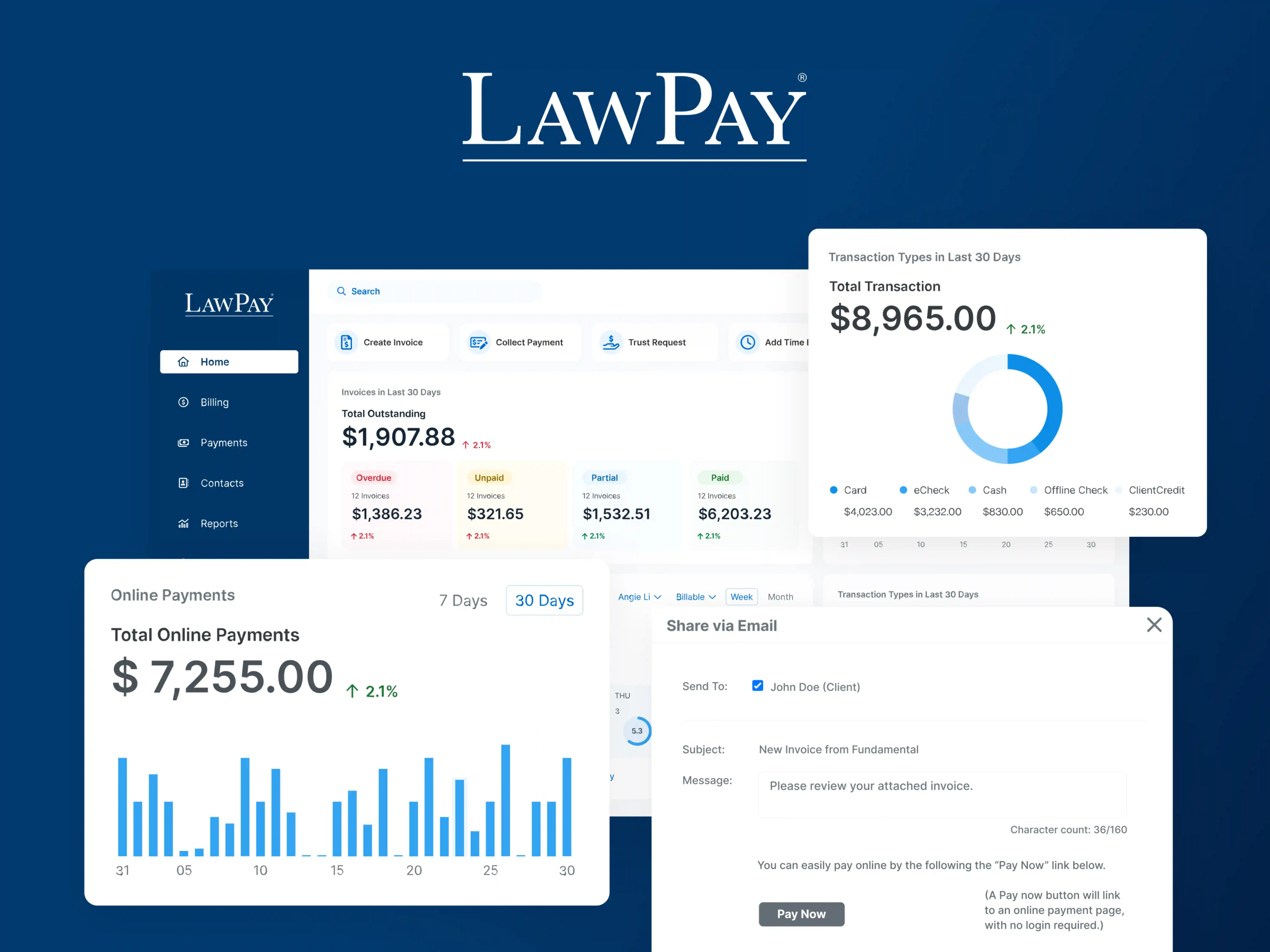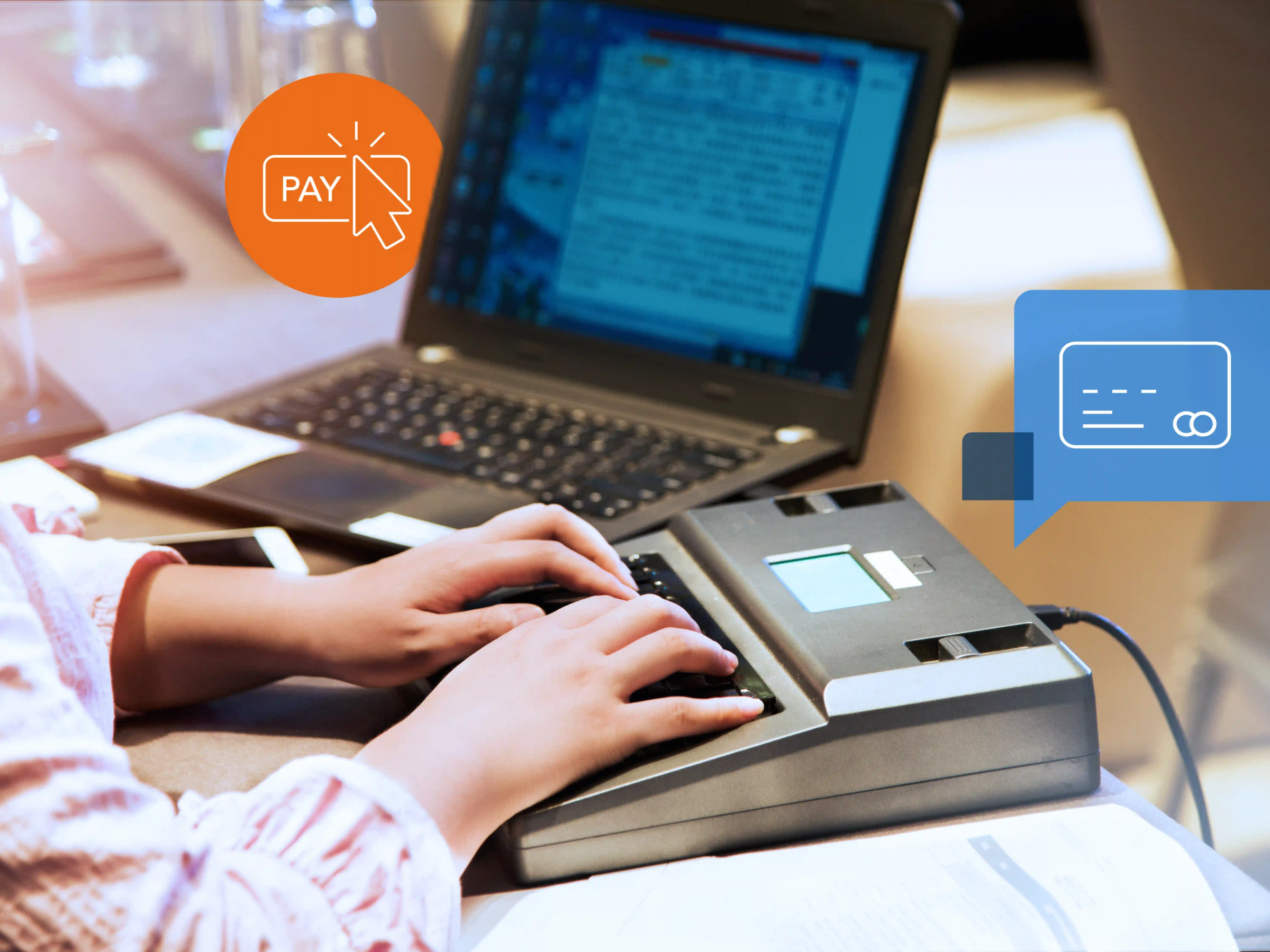There are approximately 32,000 court reporters working in the United States. Unafraid to be in the thick of things, a good court reporter possesses expertise, focus, and endurance. A seasoned court reporter knows that for every salacious divorce case they have, far more of their work will revolve around lifeless depositions and hearings. But, this versatility makes them valuable, and also profitable.
Even as voice-recognition technology evolves, the need for court reporters has not dissipated. In fact, in states such as Texas, there is a shortage of court reporters. A lack of stenographers has caused some courts in the United States to delay proceedings and others to ask their staff to work extra shifts.
As court reporters are more in demand than ever, it is incumbent upon them to ensure that they are maximizing their profits and getting paid on time, every time. Especially in the era of COVID-19, court reporters should take care to offer options to their clients, be they attorneys or private citizens.
Court Reporting During the Pandemic

Once courts adjusted to the new normal, court reporters adjusted right alongside their judicial colleagues and began to adapt their services to the pandemic. Taking down a record via Zoom has become commonplace, and everyone is getting used to the latest “contactless” court proceeding framework.
As social distancing and working from home continue to be the new norm, court reporters have had to change the way they do business. Namely, they have had to completely overhaul how they take payments. Suddenly, court reporters who traditionally have only allowed for cash or firm checks to take payments have expanded their options to include payment cards. When litigants and attorneys do not want to leave their homes, and when court reporters are likewise disposed, how else will they get paid timely if not online?
Benefits of Taking Credit Cards

When court reporters obtain their certification, a world of possibilities opens up to them, with questions logically following. Chief concerns of a newly-minted court reporter are: (1) who is going to pay them; and (2)how will they get paid? Many court reporters work for various state and local governments as a 1099 or contract employee. When an attorney or private citizen requests a transcript, typically that attorney will purchase the record directly from the court reporter. Traditionally, many court reporters would only take a firm check or, in rare instances, cash for the transcript.
The inability to allow for someone to pay by credit card might hamper a court reporter’s ability to get more money in their pocket. If a litigant wants a transcript, and they don’t have the available funds and their attorney won’t front them the money for said transcript, it is imperative that the litigant be able to pay for the records themselves with a credit card. Court reporters should ask themselves if they could potentially be losing out on revenue if they don’t allow for credit card payments. What’s more, the requests to pay by card will only increase as the pandemic trudges along.
As time goes on and debit and credit card usage increases (approximately 80% of consumers now prefer to pay for goods and services with a payment card), so does the necessity for court reporters to provide their clientele with payment options beyond the traditional firm check. Especially now, given the socially-distanced state of affairs, how does a court reporter get paid if they are not at the courthouse and do not want to venture outside of their home? An easy option is to start offering payment via credit card, which would help make a business completely contactless.
With LawPay, a court reporter’s clients will be able to pay them with credit cards, debit cards, and eChecks. As technology advances, so too must court reporters.
Schedule a demo to see what LawPay can offer your firm.
Book Now
About the author

Jordan Turk
